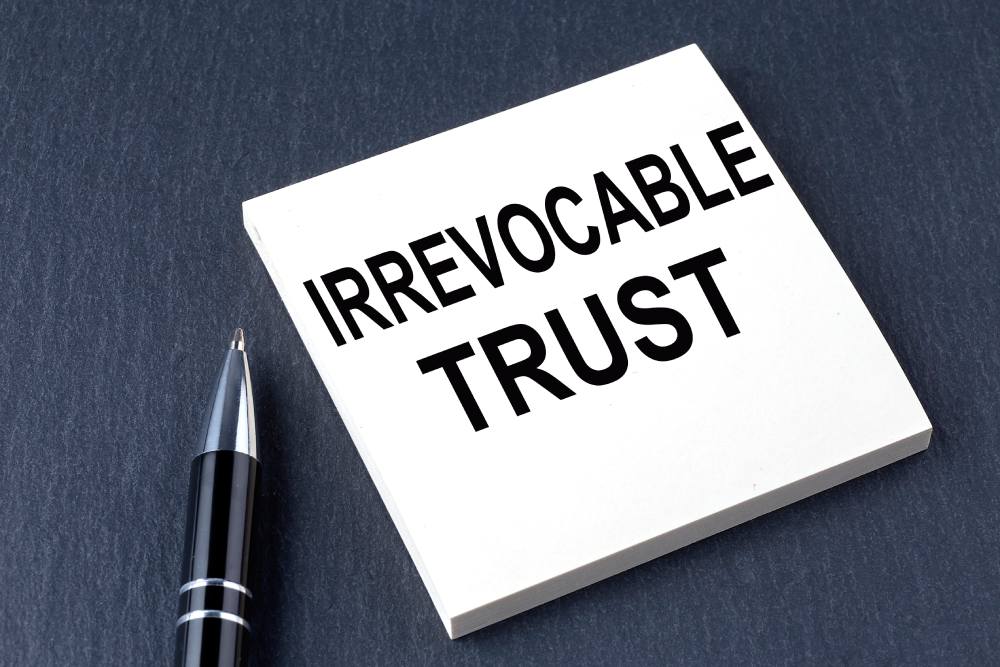A trust can be a powerful tool for managing wealth, protecting assets, and guaranteeing a smooth transition of property. However, not all assets belong in a trust. Knowing what assets should not be in atrust is just as important as knowing which ones should be included.
Placing the wrong assets into a trust can create tax complications, limit access to necessary funds, or even invalidate certain financial benefits. Careful planning can help individuals and families make better decisions that match up to their financial goals.
Assets that Are Best Kept Out of a Trust
Some assets are best kept outside of a trust due to tax implications, contractual restrictions, or liquidity concerns. Retirement accounts such as 401(k)s, IRAs, and pensions usually should not be placed in a trust.
Transferring these accounts can trigger immediate tax consequences, causing the entire balance to become taxable. Instead, naming a trust as a beneficiary might be a better alternative, allowing the account to transfer according to estate planning objectives.
Health savings accounts (HSAs) and medical savings accounts (MSAs) should also remain outside of a trust. These accounts are individually owned and transferring them can result in a loss of tax benefits.
Naming a beneficiary for these accounts is often a better way to control their distribution without interfering with their tax advantages.
Vehicles, unless they are collectibles or hold distinct value, are often better left outside a trust. Titling a personal car in a trust may complicate insurance claims and resale. In most cases, vehicles are easily transferable through a will or designated beneficiary process, making trust ownership unnecessary.
Certain financial accounts, such as bank accounts used for daily transactions, may not need to be placed in a trust. Keeping checking accounts and smaller savings accounts in an individual’s name allows for easier access and management without legal complications.
Assets that Are Legally Restricted from Being Placed in a Trust
Some assets are legally restricted from being placed in a trust. Life insurance policies, for example, cannot usually be owned by a revocable living trust while the policyholder is alive.
Instead, naming a trust as the beneficiary can help direct the payout according to estate plans without disrupting policy terms.
Personal retirement benefits such as Social Security payments and disability benefits are non-transferable and cannot be placed into a trust. These funds belong to the beneficiary and follow government guidelines regarding distribution.
Stock options and business interests may also have restrictions that prevent them from being placed in a trust. Many companies impose specific rules regarding ownership transfers and violating these rules could result in the loss of benefits or penalties.
Consulting a financial professional can help determine the best way to handle these assets.
Assets that Work Well in a Trust
While some assets should be kept out of a trust, others can benefit greatly from inclusion. Real estate is one of the most common assets placed in a trust, offering simplified management and protection from probate.
Investment accounts, including brokerage accounts and mutual funds, can also be placed in a trust for better asset management and legacy planning.
Business ownership interests, in cases where allowed, can benefit from trust placement. This strategy can help structure succession plans and protect business assets from probate delays.
Intellectual property, such as copyrights, trademarks, and patents, can also be effectively managed through a trust, guaranteeing long-term control and protection.
Valuable collectibles, including art, antiques, and jewelry, can be placed in a trust to simplify inheritance planning. These items often hold sentimental and financial value, making a trust a useful tool for long-term preservation and management.
Structuring a Trust for Maximum Protection
For someone who wants an added layer of financial security, a Nevada asset protection trust offers clear advantages. This type of trust is designed to shield assets from creditors while maintaining control over distribution.
Nevada’s favorable trust laws make this an attractive option for those who wish to safeguard wealth from potential legal or financial threats.
When managing assets within a trust, professional custody and escrow services can help oversee transactions and asset transfers. These services offer security and regulatory compliance, reducing the risk of errors in managing trust-held assets.
Working with experienced professionals can simplify the complexities of trust administration and financial oversight.
Nevada Trust Company®: Your Partner in Wealth Management
Nevada Trust Company® helps clients make the best possible decisions about trust structures and asset protection. Since 1995, we have provided expert guidance on estate planning, investment management, and financial security.
Our independent and privately held firm operates with a commitment to delivering customized solutions that match up with each client’s unique needs.
Our team of experienced professionals offers personalized strategies for trust administration, including assistance with asset transfers, tax-efficient planning, and wealth preservation. Reach out to us for personalized assistance today.



